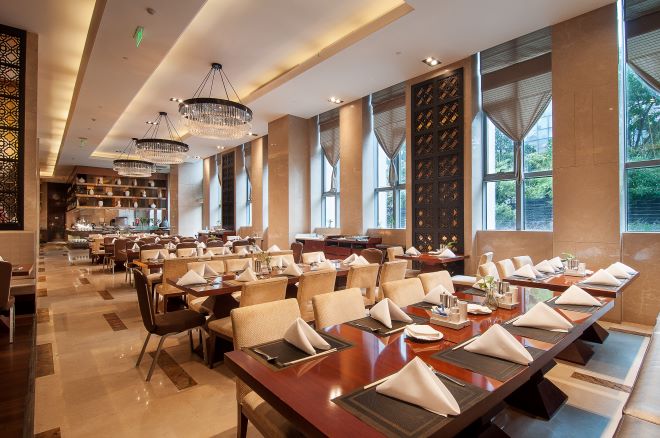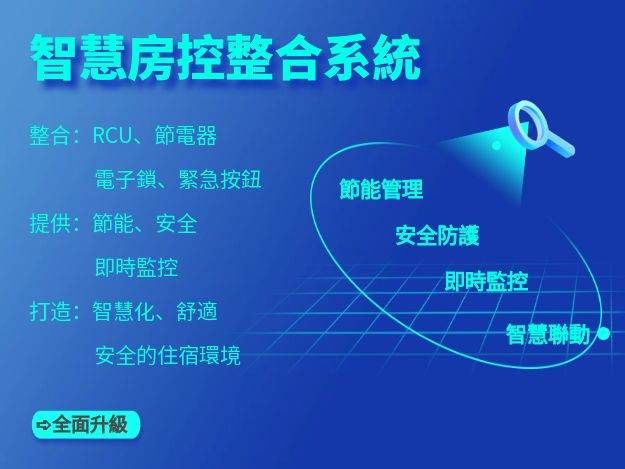Guguan Izu Japanese Outdoor Hot Spring
-
Industry background
In the 87th year of the Republic of China, a piece of farmland that was originally used to grow betel nut, with only a hiking trail, was carefully planned and gradually formed into Izu Japanese style hot springs. Finally, in May of the 88th year, it took a step out of the valley gate and wind hot springs for health preservation.
After the 921 renovation, the foundation of Izu was laid, and the baptism of the 72 floods further tested Izu's resilience.
-
Customer pain points
Manual processing is definitely slow: printing and verification require manual operation, which is prone to errors
Cost issue: Printing physical tickets requires materials, and storage and transportation also increase costs
Anti counterfeiting issue: Physical tickets are easily counterfeited
Inconvenient data management: unable to monitor sales status or customer information in real-time
-
Customer Value

Efficiency improvement: Automated processing reduces manpower
Cost saving: Save on printing and logistics costs.
Real time data tracking: The system can track sales data in real-time and analyze user behavior
Environmental Protection: Reduce Paper Use, Save Resources
Related Cases
-

Intelligent manufacturing helps China's manufacturing industry move towards the global value chain
In the leap from a "manufacturing power" to a "manufacturing powerhouse", intelligent manufacturing carries the historical mission of solving the "bottleneck" problem and promoting high-quality development. With the deepening application of digital twins, edge computing and other technologies, its value will further extend to the whole chain, such as R&D design, supply chain management, and inject sustained momentum into China's manufacturing industry to move towards the middle and high end of the global value chain. This is not only a technological breakthrough, but also a transformation of production relations, which will profoundly affect the competitive landscape of global industries in the future
-

Cultural and educational institutions
The six heart education philosophy proposed by the founder: 'conscientious education, caring education, confident teaching, patient counseling, persistent management, and wholehearted dedication', allows us to adhere to the educational spirit of 'teaching without discrimination, teaching according to aptitude'
-

Qingjing Longzhuang Resort
Located in Qingjing Farm, adjacent to Hehuan Mountain Sun Moon Lake, with convenient transportation location! With complete recreational functions, you can visit Sun Moon Lake for a romantic journey or advance to Hehuan Mountain to embark on a high-altitude tourism itinerary.
Experience now and explore infinite possibilities!
Experience Now







